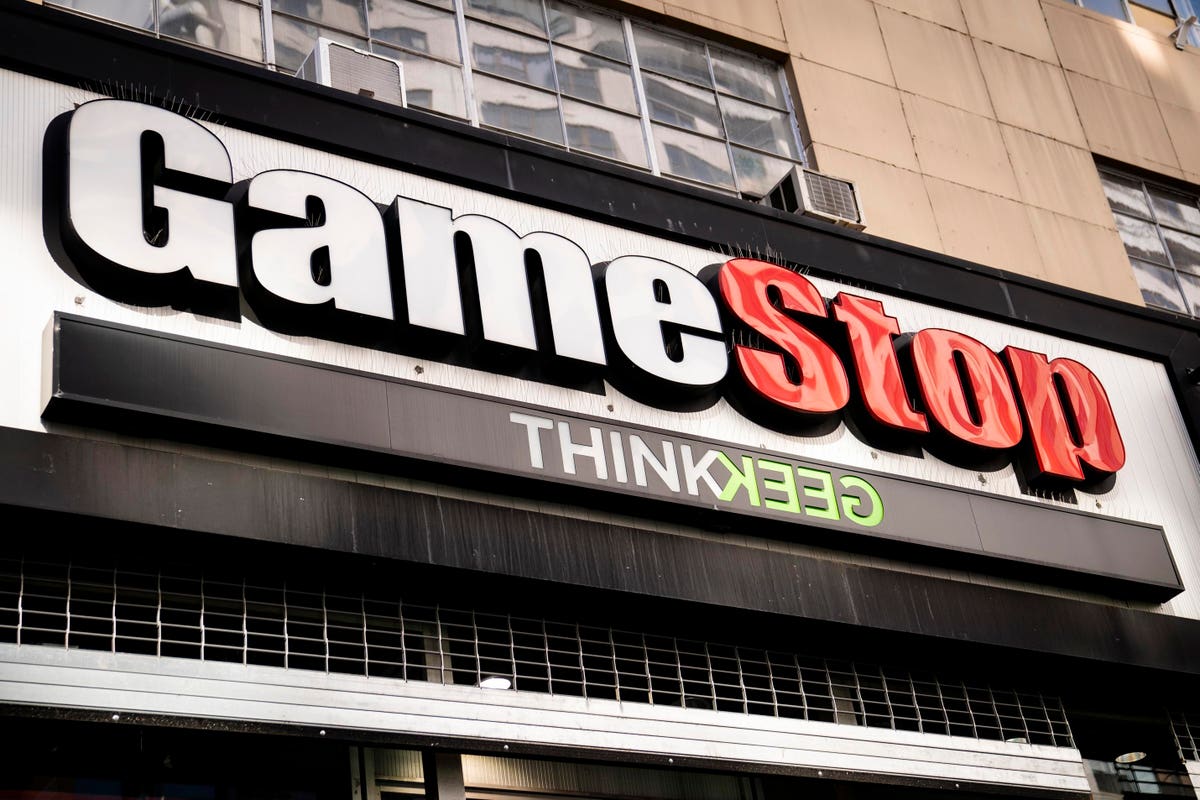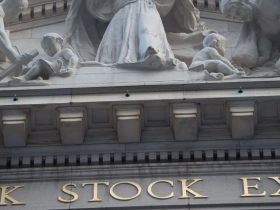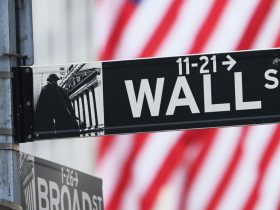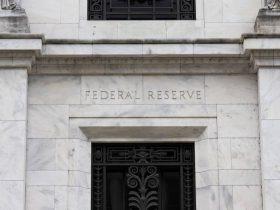Key Takeaways
- Activist investor and founder of online pet retailer Chewy, Ryan Cohen, will be stepping down as chairman of Gamestop and stepping in as CEO
- The change in leadership comes after the company sacked their previous CEO back in June with no immediate replacement
- Cohen takes the reigns as Gamestop are still trying to find their place in the market after the frenzy of the short squeeze mania
Ryan Cohen is a name that has been associated with Gamestop for a number of years now. Of course anyone with even a passing interest in finance will remember the absolute frenzy of the Gamestop short squeeze saga back in 2021, and the whole event has now been made into a Hollywood movie starring Pete Davidson, Shailene Woodley, Paul Dano and Seth Rogen.
The central character to all this was a (then anonymous) Redditor called Keith Gill, who’s research and conviction on Gamestop galvanized an army of r/WallStreetBets retail traders to take on the institutional short positions.
A big part of the reasoning behind Gill’s optimism around Gamestop came from the influence of Ryan Cohen. The founder of online pet retailer Chewy, Cohen had disclosed a 10% holding of Gamestop in late 2020, giving him the biggest individual position in the company.
Cohen would go on to join the company’s board, then becoming chairman. Now, he’s going to be the CEO.
And yet, the stock price has fallen on the news. So where is at Gamestop these days, and is Cohen’s appointment something for investors to cheer?
Gamestop appoints Ryan Cohen as CEO
Ryah Cohen is a seasoned investor and executive with a number of major wins under his belt. Surprisingly, he won’t be taking a salary for his new role. Although with the large amount of his personal capital tied up in the company, it’s not like he doesn’t have a financial incentive to make the company succeed.
Cohen is replacing fired CEO Matthew Furlong, who was shown the door back in June. It appears that the board has been unable to find someone they feel is suitable for the role.
How to stock reacted
The Gamestop stock price initially jumped over 7% in premarket trade, but that enthusiasm was short-lived. The stock fell sharply on the open to close the day down 1.86%. It’s the latest in a long slide for the company since the short squeeze hay day, and it’s down a total of 33.86% over the past 12 months.
The current price of around $16 is a far cry from the insane intraday high during the GME frenzy, which saw the stock hit $483 at one point. Even though it has come down to earth significantly since then, the current price is still a notable premium over the pre-short squeeze trading range which saw the stock hover around the $1 mark.
The strategic plan for Gamestop
Ryan Cohens involvement in the company has been predicated on a pivot away from the Gamestops traditional bricks and mortar model, to focus more on online sales.
This strategy so far has not been the roaring success that Keith Gill and other retail investors may have hoped, and it appears now that Cohen may be looking to walk back that aggressive pivot.
They are not looking for a combined approach, utilizing the physical locations as pick up points for customers who have made online orders, with the expectation that those visits may drive further in store revenue.
It’s a particularly relevant strategy these days as video game sales make up only part of the revenue source for Gamestop, with a strong market for related products such as collectibles and merchandise.
Still, analysts aren’t necessarily convinced. It’s clear that Gamestop is having trouble finding senior executives to fill their positions. Cohen is a well known name, but when it comes to bricks and mortar retail his track record is not great, with previous activist investor stints at Bed Bath and Beyond and Nordstrom, both of which are now bankrupt.
How did the 2021 Gamestop short squeeze play out in the end?
Anyone with a passing interest in the stock market will likely remember the day by day craziness of the Gamestop short squeeze. Even those without a specific interest in the stock markets would probably have seen coverage of the saga, as it spilled out of Reddit and financial news into the mainstream.
As we mentioned earlier, it was so mainstream by the end that there’s now even a big budget movie about it.
But as with most big stories, the coverage died off after the initial excitement was over. However there were lasting consequences for many of the big players involved. One of the main short sellers at the time, Melvin Capital, was probably the biggest casualty.
They took a 53% hit to their investments by the end of January 2021, and required emergency capital injections from Citadel Securities and Point72 Asset Management totalling $2.75 billion in order to stay afloat.
Despite this investment, Melvin Capital eventually shut down in May 2022.But they weren’t the only institutional players impacted. Citron Research lost close to 100% on their short positions in GME, causing the company to permanently halt their short-sell analysis. D1 Capital Partners was another firm to suffer serious losses, estimated to be around $4 billion.
As for Keith Gill, the Redditor who started it all, his final financial windfall will probably never be known. What is known is that his initial $53,000 position in GME was worth as much as $48 million.
The bottom line
Ryan Cohen taking over as CEO at Gamestop could be seen in either a positive or negative light, depending on your opinion of the man himself. On one hand, this will give Cohen ultimate control over the company and will allow him to drive towards his ultimate vision for the company, which is still likely to be heavily focused on online retail.
The other side of the argument is that Gamestop is clearly struggling to attract executive talent, or at least talent of a level that the board feels is required. Senior executives generally aren’t dummies, which might suggest that they see taking the helm at Gamestop as too much risk for not enough reward.
Investors should think carefully about that equation too.
Read the full article here













Leave a Reply